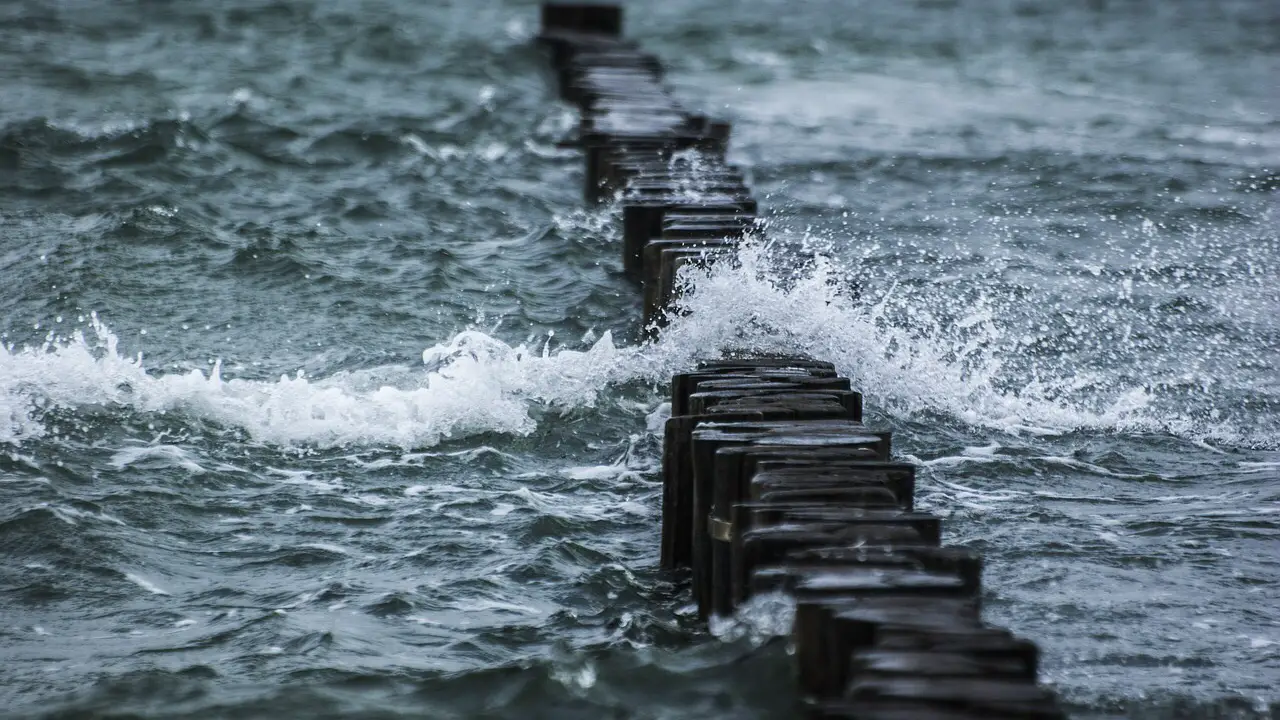By Hope Ann
Every element in the construction of a story is important.
The beginning catches the reader, the middle makes them care, and the conclusion satisfies. But the climax…the climax is the keystone of the whole arc. It’s the point which the whole story has been leading to, the turning where success is finally grasped, and the event from which the rest of the character’s life will lead away.
And it needs to be done well or the rest of the story, even if it’s well written and intriguing, turns out at bit of a disappointment.
Viewed another way, if the beginning of the story is the foundation of a building, and the middle is the walls, then the climax is the roof…without which you have no house. It is the culminating event in a long chain, during which the main character must finally put to use all he’s learned during the book against overwhelming odds.
The best climaxes will tie together both internal and external struggles.
Regardless of your theme, the internal struggle, be it gathering courage, granting forgiveness, learning sacrifice, etc., is usually solved before the external struggle; sometimes moments before the character takes that new-found maturity or strength and uses it in a physical battle against the outward challenge. If possible, the outward stakes should mirror the inward transformation.
A character’s wavering faith in the Great King might be personalized in a false teacher whom the character must combat physically after the said character has finally placed his trust fully in the King.
Climaxes should never be quick or easy. Or predictable.
The stakes of a climax should be high, quite often holding the difference between life and death for one or several characters. But don’t make them so high that the reader is disconnected. Saving the world, or even saving a city, is a laudable goal, and I’ve nothing against it. But make the climax personal as well; it’s not just about the city, but about the sister or son trapped downtown.
Make sure you tie in the main character’s emotion. Why, besides the fact that winning might be the only way to live, do they want victory so bad? There may be times the climax is simply about survival, but normally it includes so much more.
This ‘so much more’ may include the main character longing for two things, but needing to choose which is more important. Maybe the climax is an echo of an earlier event in the main character’s life; a situation where he failed before and now he must face the same test again. Or perhaps he has to save those he loves, even if it means death to himself.
The climax is where the main character must face his greatest fears, hold fast to his deepest faith, fight his hardest battle, and bravely takes whatever follows.
However your climax rises, make sure there’s a possibility of failure. Readers normally expect the heroes of a story to win, and normally they do. But build up the tension and possibility of complete or partial failure. And bring your victory about with some sacrifice.
Which brings me to the final point about the layout of your climax. I’m not a fan of half the characters I like dying and the main character being emotionally scarred for life because of the trauma he or she went through. But I do think there should be some sacrifice. Your character has won a great battle, but what are the results? What had to be given up? What injuries or scars are left to remind them of the fight?
Yes, the characters will hopefully be happy after the climax. But they won’t be the same in more ways than one.
Though not necessary, it might help while outlining your story to figure out the climax near the beginning of your planning process. Once you know your climax, you know what you need the rest of the book to build up towards.
Finally, however compelling of a climax you outline, however many themes you weave together and mirror, however touching it is emotionally, there’s a time when planning must turn itself into words. Even if the ideas are ingenious, the climax can still collapse inwards if it isn’t well written.
Don’t rush a climax.
Give it body and weight. Make it dramatic. Don’t skip over minor moments the reader has been waiting for. The climax is what everyone’s been looking forward to, and they want to read the final chapters for all they’re worth.
Take Rick Riordan’s Heroes of Olympus as an example. Riordan is an excellent writer, but the books were so long and there was so much build up that the climax seemed too quick. It was over before I fully got into it.
It’s the same thing with prophecies, riddles, or other subplots you build up through the book. Make sure the end fits together and gives justice to all your earlier work of foreshadowing and anticipation. I love prophecies, for example, but when they’re just left vaguely hanging or without clear solutions (again, I’m thinking of bits of Heroes of Olympus), then it’s almost better if they’d never been there in the first place.
So carefully plan your climax along with the rest of your story.
Don’t just leave it to rest on the building without any support of its own. Craft your climax with thought and care, for without it the rest of the building will crumble in disappointment.



I’m almost upon the climax in my WIP. I definitely needed to read this article. Thanks so much, Hope!
Your welcome. I’m glad my ramblings can be of help to someone. 😉
*you’re, I mean. I can’t believe I just did that.
I did that they other day.
Me too, Kate.
[…] my new article about writing climaxes, Keystone of the Matter, on the Kingdom […]